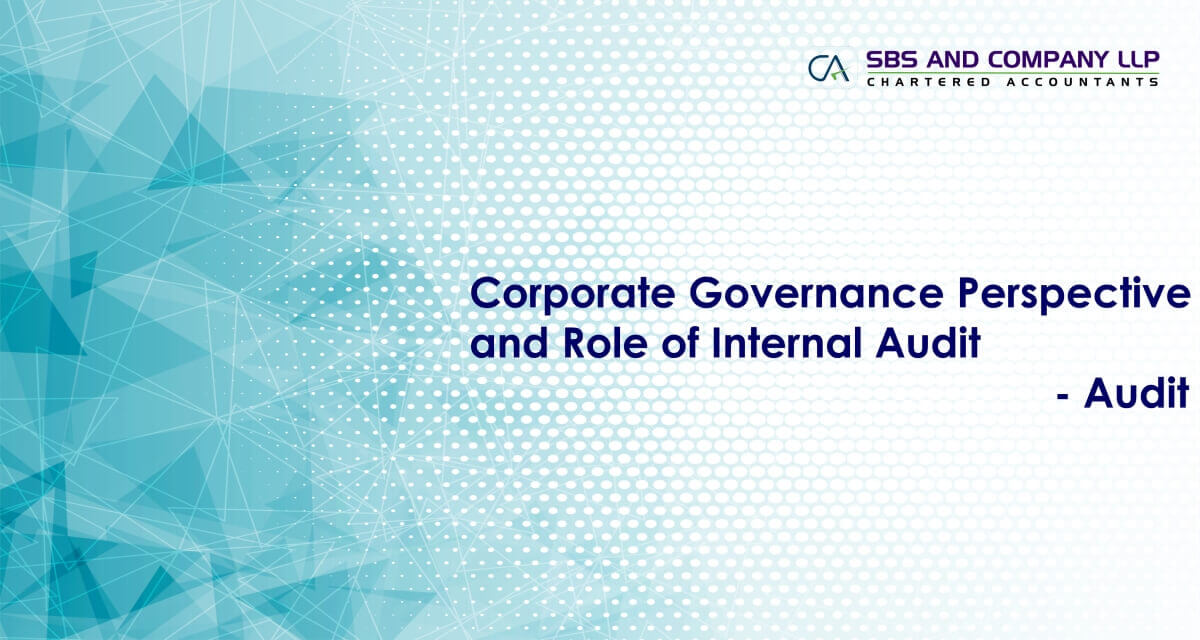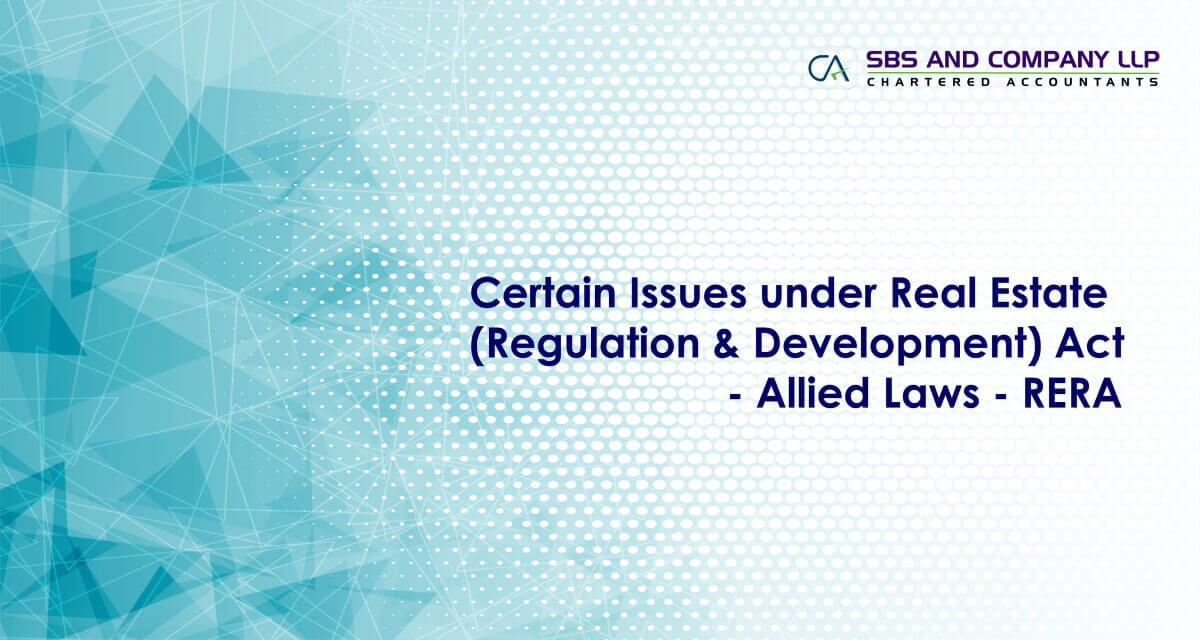AMENDMENT TO COMPANIES (ACCEPTANCE OF DEPOSIT RULES), 2014:
In an ace move, the Ministry of Corporate Affairs, has made a important amendment to the Deposit Rules, to put a check on the flouting of the Deposit Rules by the Corporates.
As all are aware the Companies (Acceptance of Deposit Rules), 2014, as amended from time, governs the procedure for acceptance of deposits by eligible Companies, and other compliances related thereto, including of filing of Forms and Return on Deposits.
At the same time Rule 2 (1) (c) of the said rules, provides for “those items which are not considered as Deposits”, and such companies are required to comply with the deposit rules and accordingly no form of return of deposits are required to be filed by them.








